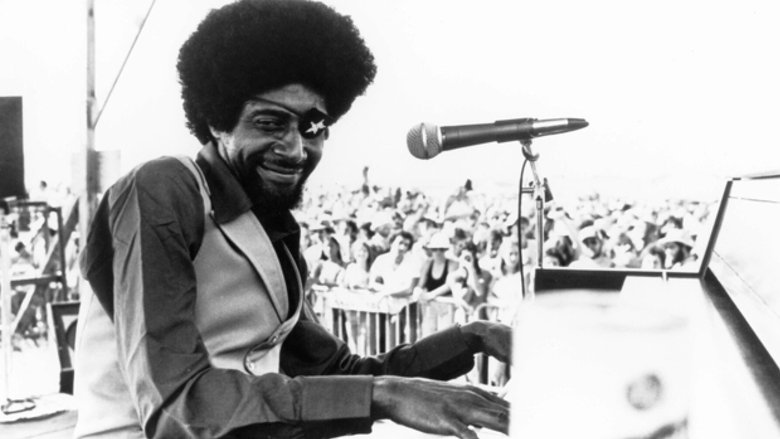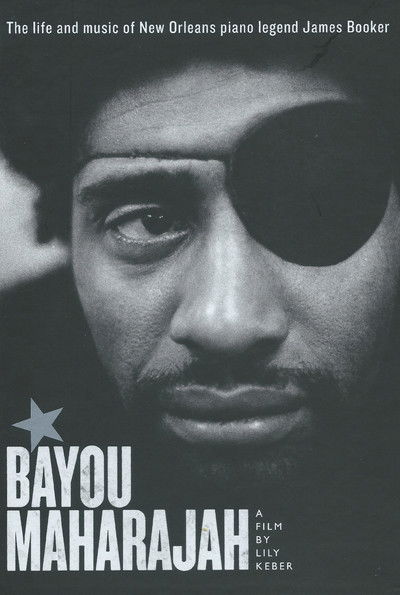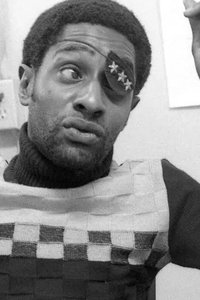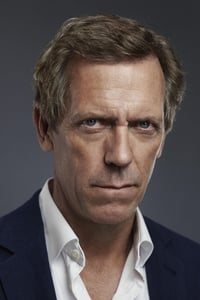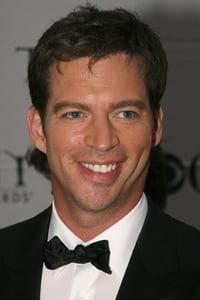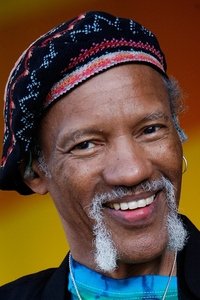Bayou Maharajah: The Tragic Genius of James Booker
Genres
DocumentaryMusic
OverView
Bayou Maharajah explores the life and music of New Orleans piano legend James Booker, the man Dr. John described as "the best black, gay, one-eyed junkie piano genius New Orleans has ever produced." A brilliant pianist, his eccentricities and showmanship belied a life of struggle, prejudice, and isolation. Illustrated with never-before-seen concert footage, rare personal photos and exclusive interviews, the film paints a portrait of this overlooked genius.
Others
Budget
$--
Revenue
$--
Status
Released
Original Language
English
Runtime
90 mins
Rating
7.1/10
Release Date
14 March 2013
Country
United States of America
